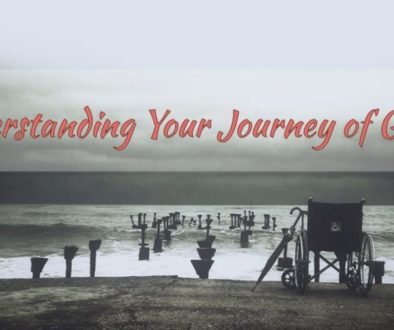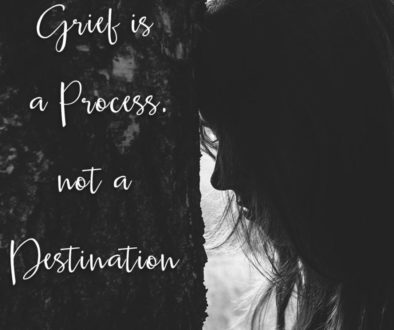How to Help a Child With Anxiety
Childhood Anxiety is Real!
Childhood anxiety can turn into a formidable disorder if it’s not addressed when it happens and a plan put into place to turn it around and make the child feel more confident and safe.
Helping children deal with feelings of anxiety also helps them to deal with life problems. Each problem they face and every skill they learn will serve them well if they conquered the anxiety they faced. Knowing they can overcome problems by developing skills and facing challenges head on builds their self-confidence and lets them experience success.
The first step in helping your child conquer an anxiety issue is to understand that such fears are normal – especially in children. You’ll notice anxiety with babies, toddlers, school-age and even high school and college age children.
Anxieties may be different at every age, but they’re real and as children grow up, they’ll manifest their fears in various ways. Babies might cry when you leave them, school-age children may cry at being away from you in a new setting and teens might fear being on their own and making their own decisions in a “peer pressured” world.
You can help your children develop the coping skills they’ll need by remaining calm and focusing on the problem at hand.
Here are a few things you can do to help:
Talk to your child about how fearful they truly are. For example, a pre-schooler may be traumatized by you leaving him at school, but excited about having so much play time with other children. Ask him if he’s happy that he’ll get to play with toys and with other children. Also, try and familiarize him with the school and other children there before leaving him.
Be extremely gentle when helping children cope with an anxiety issue. For example, if your child seems fearful of having the light turned off in his room at night, talk to him and join him in searching every crevice and corner in the room to reassure him that everything is normal. A nightlight might help the transition too.
Encourage the child to talk about his fears and anxious feelings. Don’t demean your child by dismissing those fears. Addressing the child’s concerns and working with him to overcome them can dispel fears he may have.
Don’t give in to your child’s fears. Giving in only makes the fear seem more real. Make sure the child knows that you understand why he feels as he does, but be firm about the outcome.
·Be a role model. One strategy for helping children cope with anxiety is to let them see how you cope. If you react in panic mode when you’re late for work, the child will think that’s a normal reaction. But, if you react to your anxiety with a positive attitude and say things like, “I have to get up earlier next time,” the child will learn those coping techniques.
When a child is old enough to reason with, you may want to teach him deep breathing and visualization techniques. Each fear that your child overcomes will help him overcome challenges later in life.



Jeanne Melanson
08/21/2014 @ 8:08 PM
Very nice article, Jenn. I suffer from anxiety so I can relate, but never had it as a child … or maybe I did. Hmm, that’s a thought. You provide gentle advice here. Very understanding. Thank you for that.
Jeanne Melanson recently posted…CarPET Scratch Stopper Review Giveaway, Safe for Cats